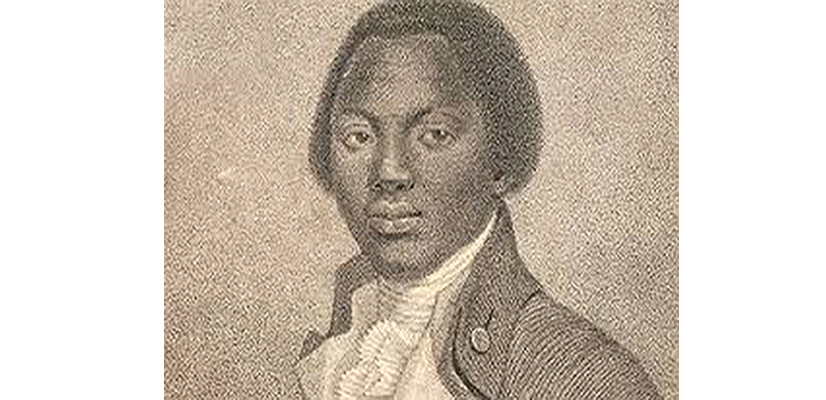Olaudah Equiano or Gustavus Vassa as he was known for most of his life was born in Nigeria in about 1745. In his autobiography, ‘The Interesting Narrative of The Life of Olaudah Equiano’, he told how he and his sister were captured and sold as slaves in the West Indies. They were separated and made to take different names from the ones they had before, but they were lucky to meet once again in the West Indies before they were parted forever. In his memoir, he claims that he is “Eboe” from a place near the river Niger and where the influence of the Benin kingdom is “nominal”. His description of his home in Africa clearly places it in the south of Nigeria, in Ndokwa, an Igbo-speaking part in present-day Delta State. By March 1797 when he died, Olaudah Equiano which means a bell that everyone can hear (Olauda Ekwuanu in Igbo) had transformed himself through hard work and determination from a slave to a free and influential person, a seaman and merchant, a novelist, and an abolitionist. Before this happened, he would be sold several times and eventually regain his freedom for good.
In his early years as a slave, Olauda showed interest to learn how to read and write and was lucky to have a master, an officer of the Royal Navy named Michael Pascal, who was kind enough to allow him to do so.
He spent a lot of his life at sea serving different masters. While working for Robert King, a sea merchant as a deck, valet and barber, he earned money by trading on the side. He was then able to buy his freedom in 1766.
He returned to London thereafter where he continued to earn his living for years as a sea merchant. At the same period, he got involved with the movement to fight for the abolition of the slave trade. He worked with famous abolitionists like William Wilberforce and Granville Sharp. He was one of the leaders of a small abolitionist group made up of freed African slaves in England known as “Sons of Africa”. He also was a member of the civil rights movement such as the London Corresponding Society, England’s first working-class radical organization where he worked closely with the famous writer, Thomas Hardy.
His involvement in the abolition campaign led him to write his famous autobiography in 1789. By 1792, it had become a bestseller and was translated into many European languages and also sold in America. He thus became the first bestselling African author. The book contributed immensely to the abolition of the slave trade. Olaudah played a major role in the resettling of freed slaves in Sierra Leone, Liberia.
Today Olaudah Equiano is remembered and celebrated in the United Kingdom with monuments and events like Olaudah Equiano plaque, City of Westminister, and The Equiano Society, London and in America during Black History Month.
The saying ‘A prophet is without honor in his own home’ is very apt relative to Olaudah who is celebrated abroad as a hero but hardly known by his own people. Remember how three countries fought to claim Mother Theresa of Calcutta, India. I strongly call on Nigerians, especially the Delta State Government to claim and bring him back home as a returning hero through a post humus award and monuments to his name in honour of his courage and great achievements.
Have you read the autobiography? You can download it here from our e-library. Do you agree that Olaudah Equiano should be celebrated post humously in Nigeria? Share your thoughts with us in the comments section.


